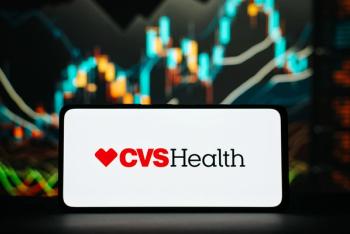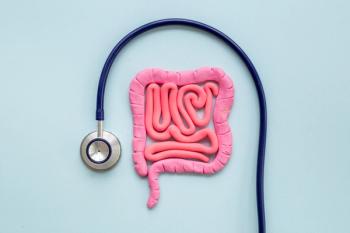
Generics linked to improved compliance due to lower cost
When patients don't take their prescribed medications, they often get sicker. The high cost of drugs makes them cost prohibitive to many people. Generic drugs cost significantly less than branded drugs. Putting these three well-established facts together leads some researchers to believe that the availability of generics may positively affect patient compliance.
Patient compliance with regard to medications is measured primarily by whether patients fill their prescriptions. Work by researchers at the University of Michigan School of Medicine (UMSM) in Ann Arbor demonstrates that compliance is often a function of cost. "I don't know whether having a generic and less expensive substitution available leads people to fill their prescriptions," said A. Mark Fendrick, M.D., of UMSM, who has studied the relationship between the ability of people to pay for drugs and their compliance with doctors' orders. "But we do know that when the cost of drugs is lower, more people fill their prescriptions."
A recent three-year study by UMSM researchers measured the medical effect of noncompliance on 8,000 people with chronic conditions, including hypertension, diabetes, and depression. Researchers found that participants who said they cut back on their prescriptions because of cost were 76% more likely to have suffered a significant decline in their overall health and 50% more likely to have had a heart attack, stroke, or chest pain episode than those who filled their prescriptions.
"Out-of-pocket medication costs pose a significant burden to many adults with diabetes and contribute to decreased treatment adherence," said Piette. "Clinicians should actively identify patients with diabetes who are facing medication cost pressures and assist them."
Creating easier access to prescribed medications by reducing cost, including through use of generic substitutions, is seen by some health plans and employers as an important end in itself. So important, in fact, that they take some aggressive steps to see that it happens. For example, IHC Health Plan, the insurance arm of the large integrated health system Intermountain Health Care in Salt Lake City, goes so far as to pay savings-related incentives to their physicians to make generic substitutions.
"We believe that the cost savings connected to using generics are significant enough that we share the savings with our doctors, as much as $1,000 a year to each doctor who makes substitutions," said Stephen Barlow, M.D., IHC Health Plan's medical director. The incentive payments are also linked to the use of treatment guidelines or chronic conditions, virtually all of which call for maintenance medications. "Medication compliance is an important part of treatment," he said. "And lower drug costs can mean greater compliance."
And if they can afford the generics, they will be more prone to take them, commented Fendrick. If so, then perhaps generics can do even more for people's health than for their pockets.
Newsletter
Pharmacy practice is always changing. Stay ahead of the curve with the Drug Topics newsletter and get the latest drug information, industry trends, and patient care tips.























